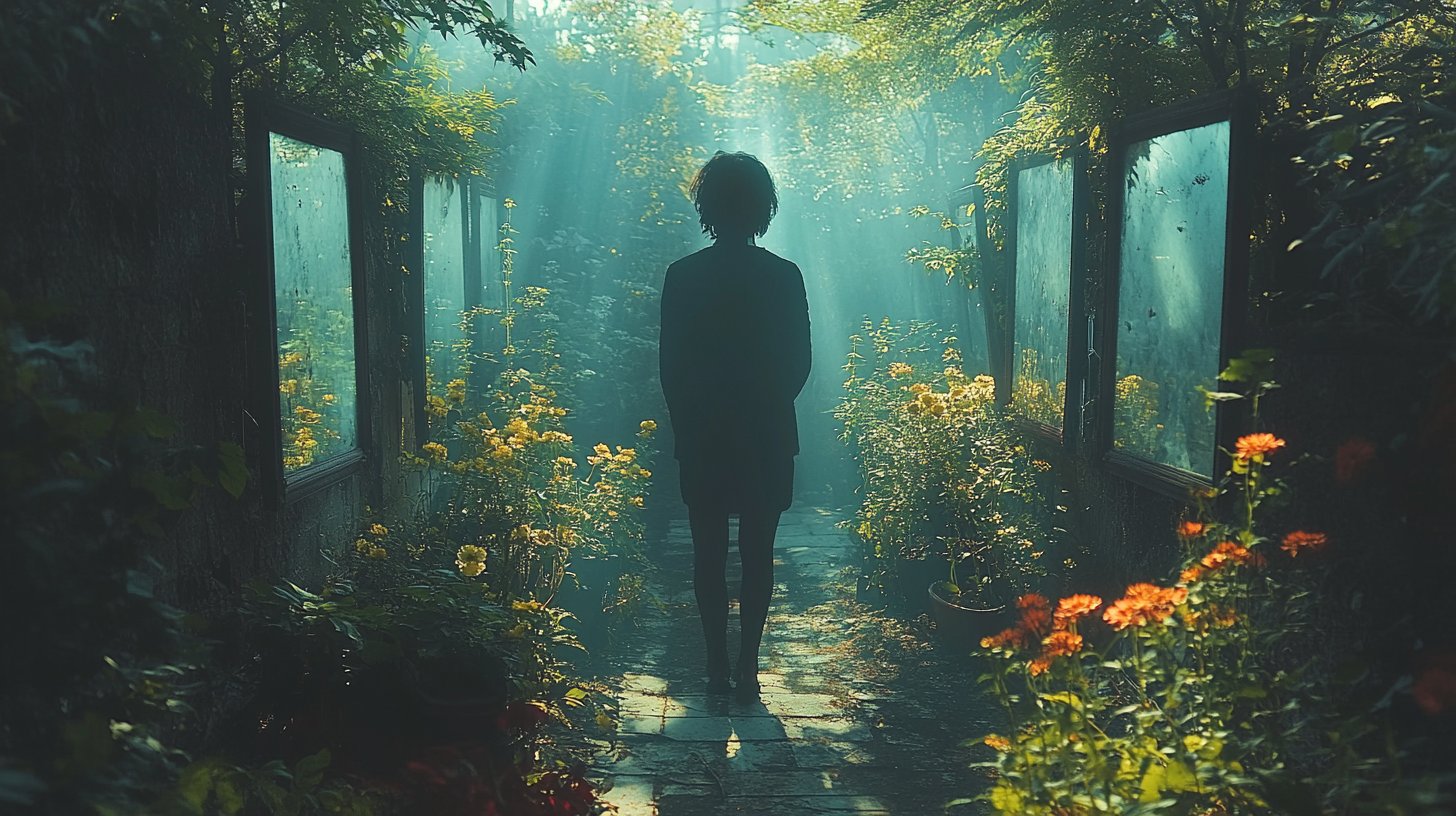Recognizing hidden toxic relationships

Relationships, God, toxic. Each of us seeks love and acceptance, yet sometimes we find ourselves in a relationship that harms us more than it helps. When joy fades and trust is attacked, it may be time to take a closer look. What signs indicate that your relationship is toxic, and how can you deal with this realization?
First of all, it's important to realize that God does not put you in a relationship that causes constant stress and pain. Often, we tend to interpret difficulties as tests from above, when it may simply be that many behaviors of your partner are unhealthy. A healthy level of criticism or differing opinions is part of every relationship. However, if criticism becomes destructive or you constantly feel blamed for everything, that is an alarming signal.
Recognizing what is really happening
Toxic relationships are often associated with patterns of manipulation and control. Do you feel like your partner is trying to control you, or is he manipulating your feelings? The most common signs are gaslighting, constant criticism, and emotional blackmail. Gaslighting describes the phenomenon where you doubt your own mind because your partner repeatedly imposes his perspective. This can lead to a loss of self-trust. If you find yourself constantly trapped in an emotional rollercoaster, ask yourself if this is really the love you deserve.

The importance of boundaries
In every relationship, boundaries are essential for maintaining a healthy dynamic. Toxic partners often cross these boundaries and show little consideration for your needs. It is crucial that you clarify what is acceptable to you and what is not. Set clear boundaries and communicate them openly. Regardless of how uncomfortable it may be to express your needs, it is a necessity to protect your emotional well-being. If your partner does not respect your boundaries and continues to display toxic behavior, you may be better off reconsidering the relationship.

Choosing what's best for you
The decision to end a toxic relationship is difficult for many. Feelings of love and affection can often prevent us from seeing the obvious. It is important to realize that your health and happiness come first. Set priorities that help you to look forward. Create a list of reasons why you are questioning the relationship, and review it regularly. Weigh the positive and negative aspects. Sometimes a separation is the first step to a new, happier life, even if it seems painful at first.

In conclusion, you have the right to be loved and respected in a relationship. Toxic relationships are not part of the plan or will of God. You deserve to live in an environment that empowers you rather than weakens you. If you recognize signs of toxicity, do not hesitate to act kindly and firmly. Surround yourself with support from friends or a professional counselor who can stand by you in difficult times. Remember: You deserve happiness, trust, and above all, unconditional love. Live your life to the fullest and do not let toxic relationships hold you back!


